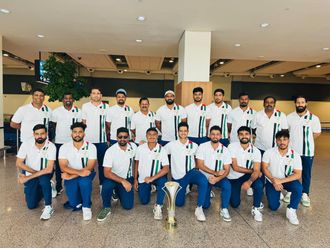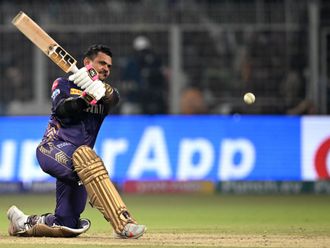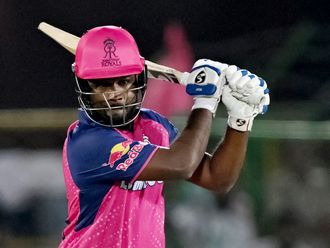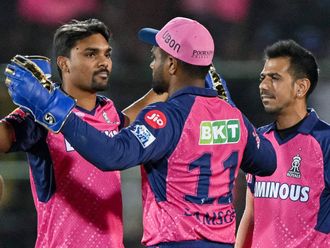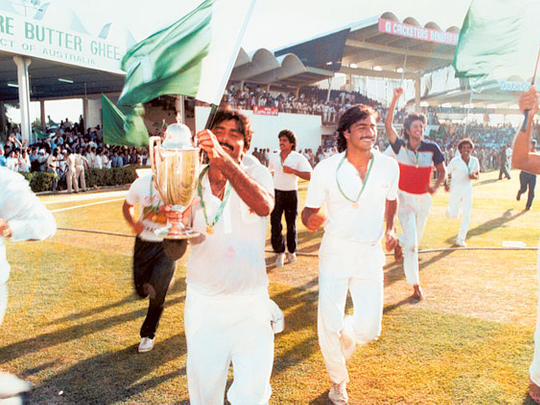
Dubai: Ever since the news of resumption of India-Pakistan cricketing ties broke on Monday afternoon, the readers’ polls and social networking websites have gone into a tizzy. The range of emotions, both for and against the tour, clearly shows the passion that the game can ignite between the two countries.
While the positive sentiments outweigh the ones slamming the wisdom in hurriedly convening such a series, the ones in the second category mostly have one issue — that of the fragile relationship between the two countries. And this, in essence, sums up the subtext when it comes to Indo-Pak cricket: it is simply impossible to keep politics out of it.
It’s been more than 40 years that India and Pakistan first resumed their cricketing ties in 1978 (after the ‘65 and ‘71 wars) and and as the frames zoom by from the sepia-tinted ones of a Mushtaq Mohammad or Sunil Gavaskar to Sachin Tendulkar or Shahid Afridi, the underlying theme remains the same. If it was the fallout of Kargil which stopped cricketing relations in early 2000s, it’s the scar of the 26/11 terror attacks in Mumbai in the current context — it’s difficult to isolate the two.
This is precisely why observers feel that amid all the initial excitement, the series just announced is as good as of now, though there could still be a gap between the cup and the lip. It’s a given though that the proposed tour has the sanction of both the governments, with the seeds for the cricket diplomacy being renewed when the then Pakistan Prime Minister Yousuf Raza Gilani accepted the invitation to watch the World Cup semi-final in Mohali last year. Earlier this year, President Asif Ali Zardari also urged Indian Prime Minister Manmohan Singh for a resumption of cricketing ties and it looked the pitch was being, slowly but surely, being prepared.
Add to this the diplomatic skills of the new Pakistan Cricket Board (PCB) chief Zaka Ashraf and the ‘business sense’ of the Board of Control for Cricket in India (BCCI) which paved the way for the coup of sorts. While Ashraf’s main agenda ever since he took over from Ijaz Butt was to resume cricketing ties between the two countries, the BCCI had also weighed its pros and cons before influencing the opinion in the North Block. The latter’s decision to include a team from Pakistan (Sialkot Stallions) in the Champions Trophy T-20 in October hence was like a teaser — given the fact that Pakistan players had been pariahs in the IPL family since it’s second edition in 2009.
It looked a matter of time, therefore, for the big meltdown — with India’s crammed international calendar throughout the year also posing a problem for the BCCI in creating a window to host Pakistan. The big bosses of the BCCI and the PCB again took up the issue on the sidelines of the annual conference of the International Cricket Council (ICC) in the last week of June in Kuala Lumpur and the final blueprint was drawn up there.
The PCB, which had been reportedly losing approximately $10 million (Dh36,7 million) every year for not being able to host international cricket since the terror attack on Sri Lankan players in Karachi 2009, had been showing their desperation for sometime now for a series against India. Ashraf had thereafter given three options to India — to play in either countries or to opt for a neutral country, in which case the UAE looked a viable option.
India, who wanted to play the hosts on their own terms, hence decided to squeeze in the series within what was meant to be a two-week ‘break’ in between a demanding home series against England. After all, it’s a series which none of their top players would risk pulling out from — for that would be politically incorrect!




